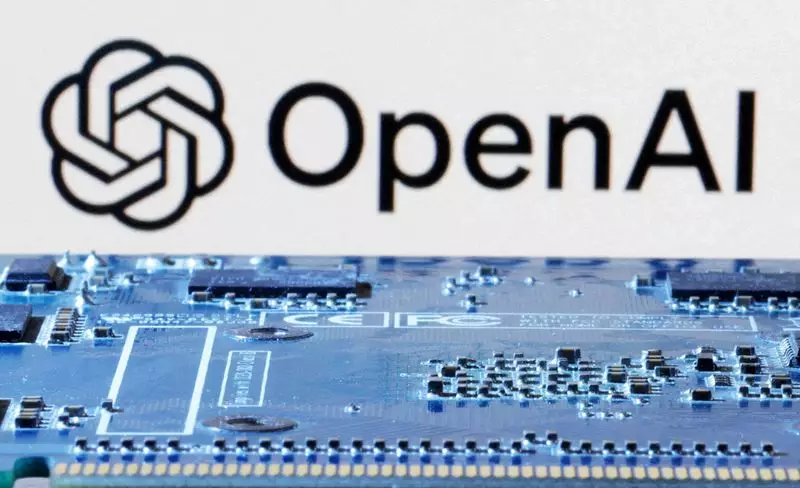Recent reports from the Washington Post have shed light on the controversial practices of the artificial intelligence company, OpenAI. Whistleblowers have come forward with complaints filed to the U.S. Securities and Exchange Commission, calling for an investigation into OpenAI’s allegedly restrictive non-disclosure agreements. These agreements are said to have placed undue restrictions on employees, particularly in regards to raising concerns to federal authorities.
According to the whistleblowers, OpenAI required employees to sign agreements that not only waived their federal rights to whistleblower compensation but also mandated prior consent from the company before disclosing any information to federal regulators. This created a stifling environment where employees felt constrained in speaking out against any potential violations by the company. The lack of exemptions in the nondisparagement clauses further added to the oppressive nature of these agreements.
Despite these serious allegations, OpenAI has remained silent in response to requests for comments on the Washington Post report. This lack of transparency and accountability only serves to deepen the concerns raised by the whistleblowers. It raises questions about the company’s commitment to ethical practices and its willingness to address internal issues in a constructive manner.
OpenAI’s development of chatbots with generative AI capabilities has raised significant safety concerns within the tech community. The ability of these AI models to engage in human-like conversations and create images based on text prompts has sparked fears about the potential misuse or unintended consequences of such technology. The formation of a Safety and Security Committee may be a step in the right direction, but it remains to be seen how effective this committee will be in addressing the broader ethical implications of OpenAI’s work.
The allegations made by the whistleblowers against OpenAI paint a troubling picture of the company’s internal practices. The overly restrictive agreements and lack of transparency in responding to these allegations highlight the need for greater oversight and accountability within the tech industry. As AI continues to advance at a rapid pace, it is essential that companies like OpenAI prioritize ethical considerations and create a culture that encourages open dialogue and feedback. Only then can we ensure that the benefits of artificial intelligence are realized without sacrificing fundamental principles of accountability and transparency.

